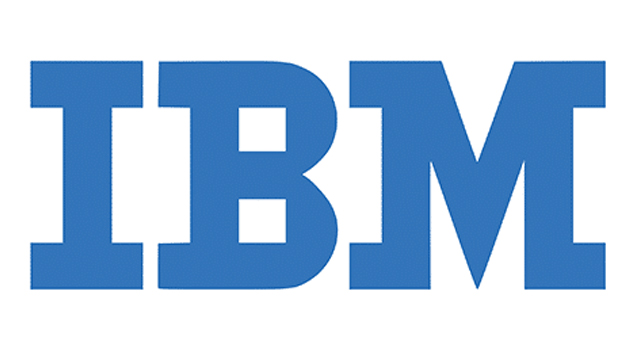According to the results of IBM, new global study on cloud transformation there has been a drastic shift in business needs as only three percent of respondents reported using a single private or public cloud in 2021, down from 29 percent in 2019 – establishing hybrid cloud as the dominant IT architecture.
The global study, conducted by IBM Institute for Business Value (IBV) in cooperation with Oxford Economics, surveyed almost 7,200 C-suite executives across 28 industries and 47 countries including 287 executives from India. The findings indicate that the cloud market has entered the hybrid, multicloud era and concerns around vendor lock-in, security, compliance and interoperability remain paramount. The study found that infrastructure complexity is creating cracked doors that cybercriminals are exploiting. Yet, surprisingly more than a third of respondents did not indicate improving cybersecurity and reducing security risks are among their largest business and IT investments.
Nearly 79 percent of global respondents and 71% of India respondents said workloads being completely portable with no vendor lock-in is important or extremely important to the success of their digital initiatives. 69 percent of global respondents and 68 percent of India respondents said vendor lock-in is a significant obstacle to improving business performance in most or all parts of their cloud estate.While in India, 63% of respondents said lack of interoperability among clouds is a significant obstacle to improving business performance in some, most or all parts of their cloud estate.
In India, 74% of the respondents highlighted that the ability to run Governance and compliance tools across multiple clouds is important or extremely important to the success of their digital initiatives.
Howard Boville, Head of IBM Cloud Platform said, “Today’s finding reiterate that security, governance and compliance tools must run across multiple clouds and be embedded throughout hybrid cloud architectures from the onset for digital transformations to be successful.”

Sandip Patel, Managing Director, IBM India said, “We are witnessing Indian organizations experience enterprise-scale improvements by harnessing the power of a Hybrid cloud architecture to digitize their existing products and services, enhance customer experience, increase business resiliency and reduce security risks.”
The study revealed that enterprises need to assess how they use the cloud in terms of adoption, velocity, migration, speed, and cost savings opportunity. Other recommendations includes focus on security and privacy to determine where your critical workloads reside and scrutinize who and what has access to them. Take inventory of the IT environment to successfully determine which workloads and applications will yield the most value in the cloud and which are better suited to stay on-premises. Analyze workloads using AI driven tools and best practices to determine where and how to put them in the right place for the right reason.
The ability to move data and have an appropriate data governance in place is crucial. Advanced cloud adopters in India with more sophisticated data capabilities gained 56% revenue growth rate premium over other advanced cloud adopters.









